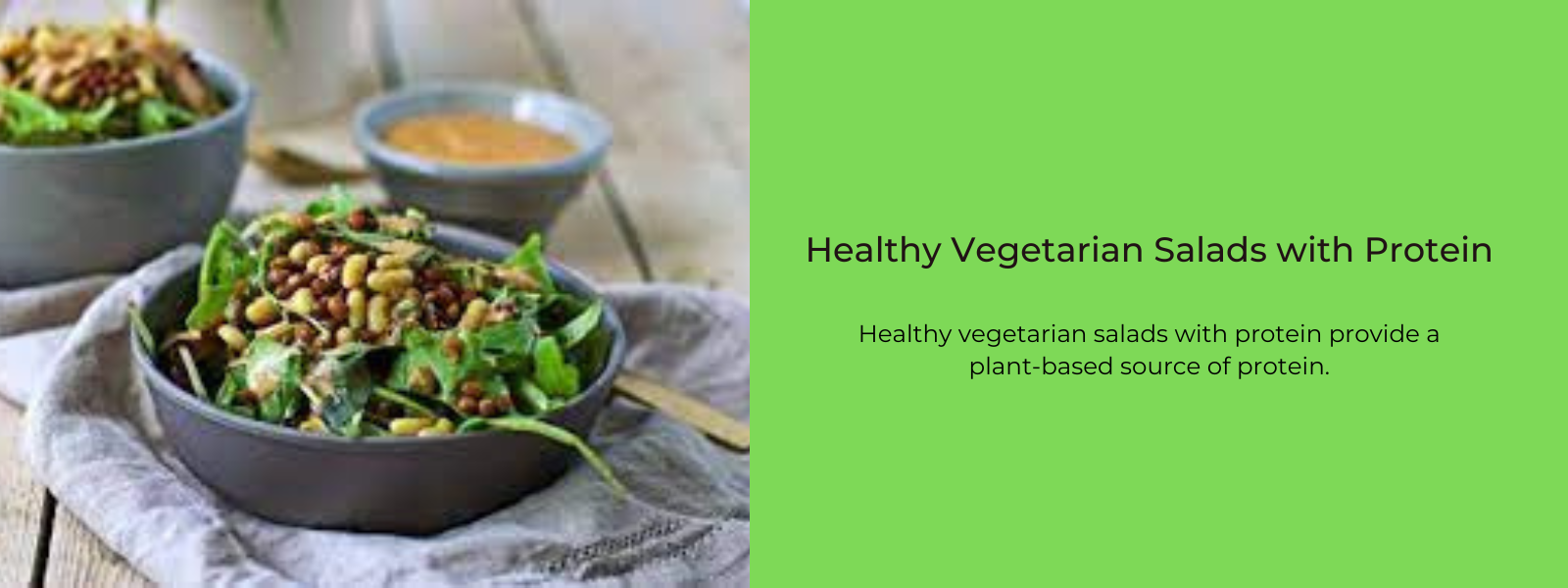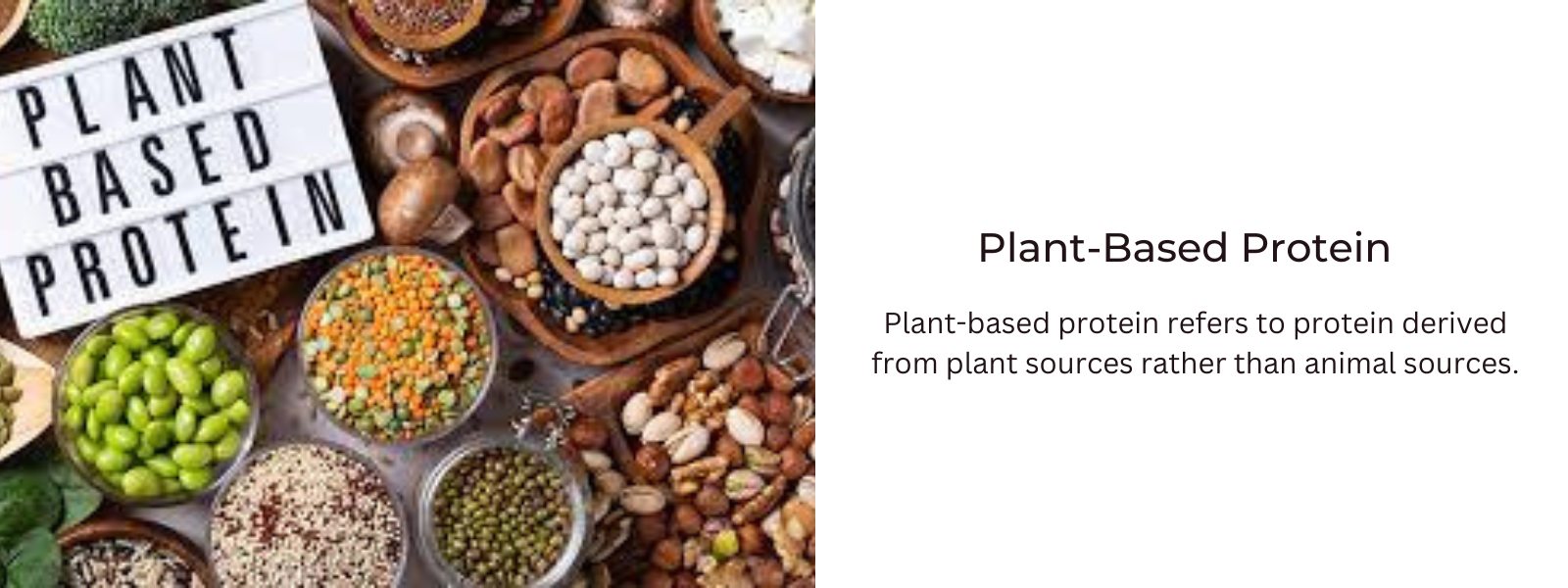Nuts are renowned for their nutrient density, offering a wide array of essential nutrients including protein. While they are commonly associated with healthy fats, nuts also contain varying amounts of protein, making them an excellent option for vegetarians, vegans, and those looking to increase their protein intake.
Table of Contents
Easily Available Nuts
Almonds:
Almonds are one of the highest sources of protein among nuts. A 1-ounce (28-gram) serving of almonds contains approximately 6 grams of protein, making them a great choice for snacking or incorporating into meals. Almonds also provide other essential nutrients like fiber, vitamin E, and healthy fats.
Peanuts:
Peanuts, technically legumes but often categorized as nuts due to their similar nutritional profile, are another rich source of protein. A 1-ounce (28-gram) serving of peanuts provides around 7 grams of protein. Peanuts are also packed with other nutrients like folate, magnesium, and antioxidants.
Walnuts:
Walnuts are unique among nuts for their high omega-3 fatty acid content, but they also offer a modest amount of protein. A 1-ounce (28-gram) serving of walnuts contains about 4 grams of protein. In addition to protein, walnuts provide essential nutrients like alpha-linolenic acid (ALA), manganese, and copper.
Cashews:
Cashews are known for their creamy texture and versatility in cooking, but they also contain a decent amount of protein. A 1-ounce (28-gram) serving of cashews provides around 5 grams of protein. Cashews are also rich in other nutrients such as copper, magnesium, and phosphorus.
Pistachios:
Pistachios are not only delicious but also pack a punch when it comes to protein content. A 1-ounce (28-gram) serving of pistachios contains approximately 6 grams of protein. Additionally, pistachios offer a good source of fiber, healthy fats, and various vitamins and minerals.
Which Is The Healthiest Nut?
While all nuts offer various health benefits, including protein, it's challenging to declare one as the "healthiest" overall because each nut has its unique nutritional profile. However, if we focus solely on protein content, peanuts typically have the highest protein content among common nuts, with approximately 7 grams of protein per 1-ounce (28-gram) serving. Therefore, if you're specifically looking to boost your protein intake, peanuts might be a good choice. However, it's essential to consider other factors such as healthy fats, fiber, vitamins, minerals, and overall nutrient density when determining which nut is the healthiest for you. Incorporating a variety of nuts into your diet can provide a diverse range of nutrients and health benefits.
Best Ways To Incorporate Healthy Nuts:
To effectively consume nuts to avail their protein content, consider the following tips:
- Enjoy as a Snack: Nuts make for a convenient and portable snack option. Simply grab a handful of your favorite nuts, such as almonds, peanuts, or cashews, for a quick protein boost between meals.
- Add to Meals: Incorporate nuts into your meals to increase their protein content. Sprinkle chopped nuts over salads, yogurt, oatmeal, or cereal for added texture and protein. You can also include nuts in stir-fries, rice dishes, or pasta for extra flavor and nutrition.
- Pair with Fruits: Combine nuts with fruits for a balanced snack or dessert. For example, enjoy sliced apples with almond butter or dip strawberries in Greek yogurt and crushed pistachios for a protein-rich treat.
- Include in Baking: Use ground nuts or nut flours as a substitute for traditional flour in baking recipes. This not only adds protein but also enhances the flavor and texture of baked goods. Try making almond flour pancakes, walnut muffins, or peanut butter cookies for a protein-packed treat.
- Make Nut Butter: Blend nuts into homemade nut butter for a versatile spread that can be enjoyed on toast, crackers, or fruit slices. You can customize the flavor by adding ingredients like honey, cinnamon, or cocoa powder.
- Mix into Trail Mix: Create your own trail mix by combining nuts with dried fruits, seeds, and a hint of dark chocolate for a balanced snack that provides protein, healthy fats, and energy.
- Use in Smoothies: Incorporate nuts into smoothies for an added protein boost. Simply blend nuts with your favorite fruits, leafy greens, and protein powder for a satisfying and nutritious drink.
- Pair with Cheese: Combine nuts with cheese for a protein-rich snack or appetizer. Serve a cheese platter with assorted nuts, crackers, and fruit for a delicious and satisfying treat.
Conclusion:
Nuts are a valuable source of protein and other essential nutrients, making them a nutritious addition to any diet. Whether you prefer almonds, peanuts, walnuts, cashews, pistachios, or any other variety, incorporating a variety of nuts into your diet can help you meet your protein needs while reaping the numerous health benefits they provide.











Leave a comment